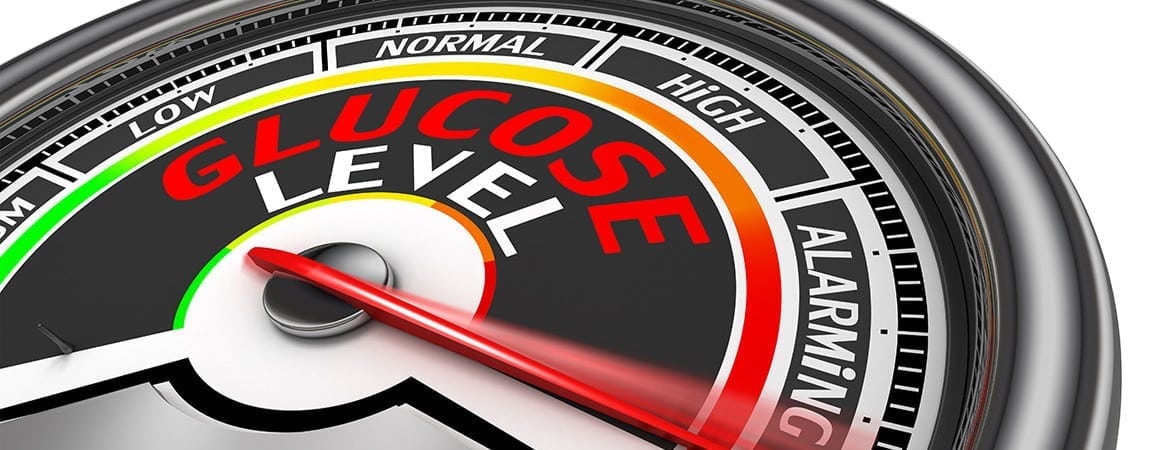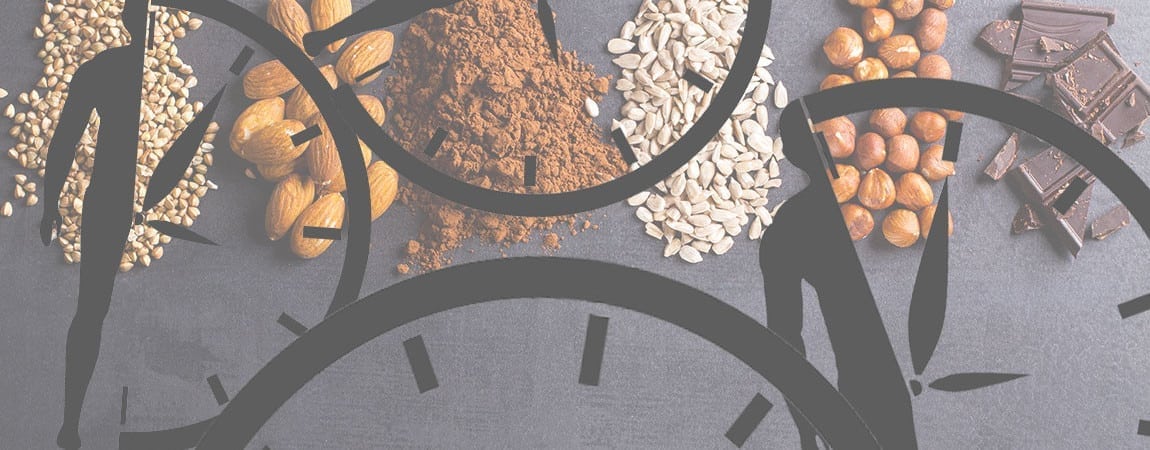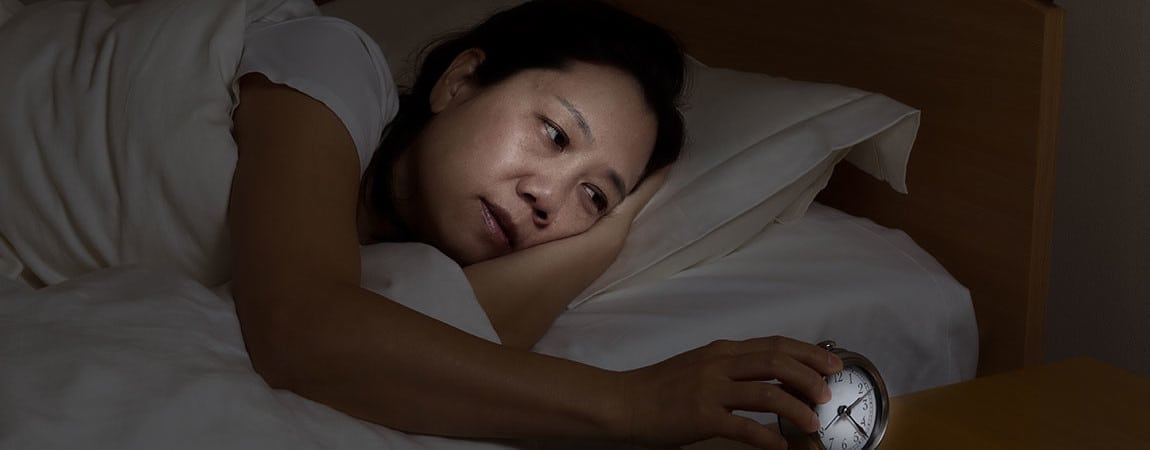Chronobiology
Article Categories
-
Coffee is an American obsession. While many people enjoy this energizing beverage, many of us also view it as a bad habit, even if a minor one. However, a new chronobiology study on coffee and the circadian rhythm has found that moderate amounts of coffee affect the circadian rhythm in positive ways, and may be especially good when it comes to...
-
Irregular sleep cycles and melatonin levels can have a detrimental effect on every aspect of health, but their connection to insulin resistance and type 2 diabetes is especially strong. Recently, scientists looked for a mechanism through which the two seemingly-unrelated health issues might be linked. Their research indicated that the melatonin 1B receptor appears to be the connection, a discovery that opens...
-
From discovering that the circadian rhythm exists to identifying the hormones and genes underlying it, the science of chronobiology has come a long way in the past century. New research technologies and methods have brought even more discoveries in just the last several years. We now know more than ever before about how our biological clocks operate, with new discoveries...
-
A precise balance of salts in the body is important for a variety of biological functions, from nerve activity to fluid balance. With this in mind, it should come as no surprise that salts are also involved in maintaining a healthy sleep-wake cycle. However, new science reveals that salts appear to play a much bigger role than expected, acting as...
-
Glucose metabolism and regulation are central to human health. We depend on a complex system to ensure that glucose is funneled to the areas where it is needed at the correct times and in the correct amounts. Many diseases, including diabetes, obesity and metabolic syndrome have been linked to dysregulation of glucose and insulin. New research suggests that the circadian...
-
Today's society has access to a wider range of entertainment, education and convenience than ever before thanks to modern technology. Cell phones, tablets and laptop computers are more portable than ever, allowing us to lead lives in which we are constantly in touch. However, the huge preponderance of screens we're exposed to emanate unnatural light that can prevent human brains from...
-
Although we often associate vitamin deficiencies with past eras, they are a modern epidemic as well. While most people today generally get enough vitamins in their diet to prevent serious diseases such as rickets and scurvy, many still live with sub-clinical levels that aren't sufficient for optimal cellular function. This can lead to vague symptoms such as fatigue, malaise and sleep...
-
Depression is one of the most common mental illnesses in the developed world and one that takes a huge toll on both sufferers and their loved ones. Depression also costs the nation as a whole, with its economic impact estimated at more than $50 billion a year in the United States alone. New research on the link between melatonin and depression suggests...
-
With over half of Americans considered overweight, many people engage in the battle of the bulge on a daily basis. There are so many factors involved in weight loss beyond "calories in, minus calories out" that people can continue to gain even while making difficult lifestyle changes. Several studies have examined non-dietary factors that contribute to weight loss and found...
-
How do you feel when you don't get enough sleep? If you are like most people, you feel fatigued, achy, out of sorts and a bit duller than usual. As much as sleep restriction obviously affects your health and mood, it can have even more severe effects on your hormone levels, cell metabolism and other less visible aspects of health...












